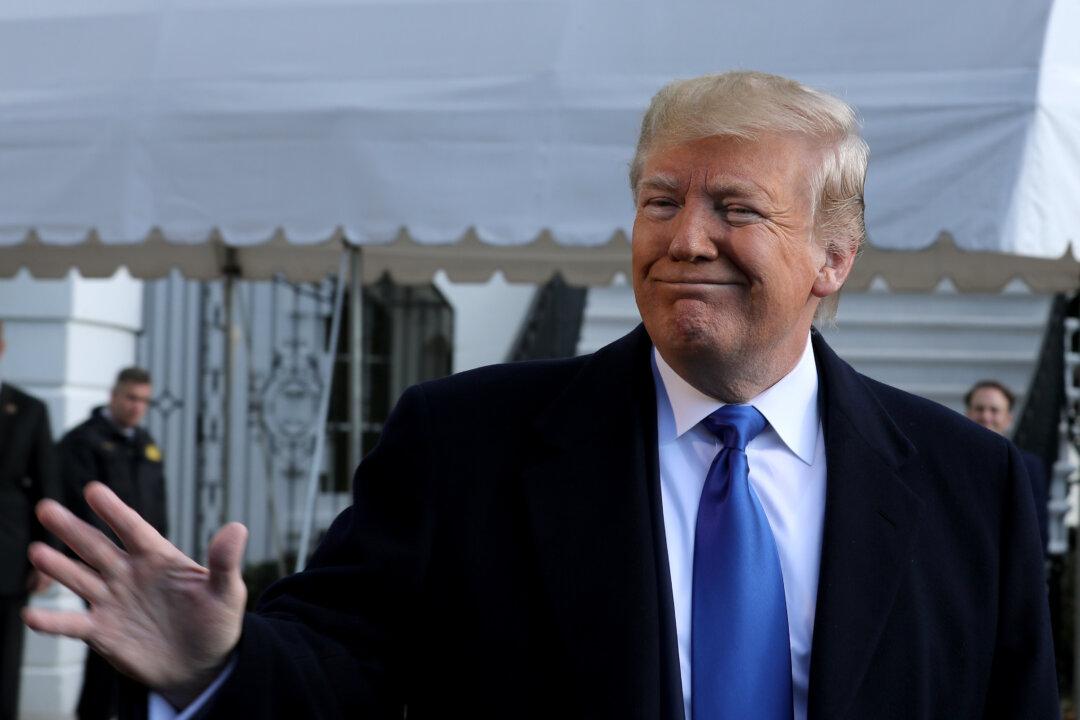President Donald Trump said on Nov. 8 that he has not agreed to a complete cancellation of tariffs on Chinese goods, bringing uncertainty to the ongoing trade deal negotiations between the world’s two largest economies.
A day prior, officials from both countries indicated that there was an agreement to roll back the tariffs on each other’s goods, if they can reach a phase one trade deal that would resolve long-standing issues on U.S. agricultural purchases and intellectual property protection.





